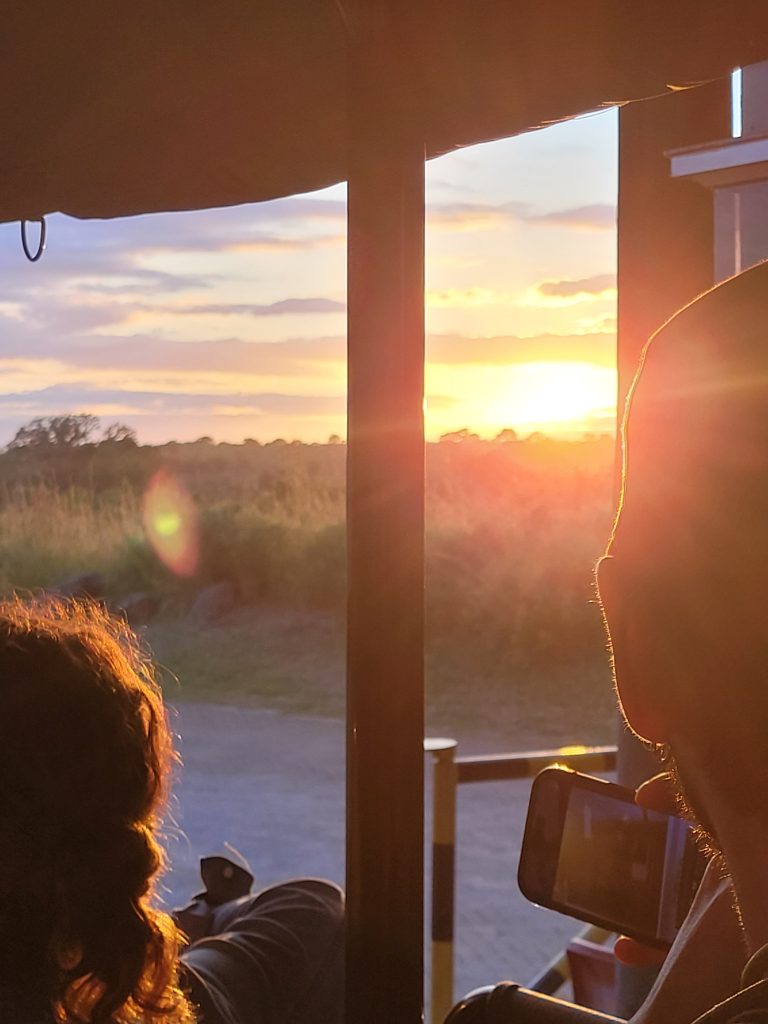
I never thought that through the English Department I would be waking up before the crack of dawn for a safari. The air was crisp and cool at the gate of Kruger National Park, and the sun extended an amber yawn over the savanna. That morning, the world appeared to me as brilliant and fresh as the new day.
For the previous two months, I had been studying South African literature in a transnational literature course. Through this class, I learned about the history of colonialism and apartheid in South Africa from the perspectives of various authors. Then, after these two months, my class and I had the chance to view remnants of history firsthand through a field study to three different destinations in South Africa: Johannesburg, Kruger National Park, and Cape Town.
I could not have imagined a program that was a better fit for me. Last year, as a freshman, I thought for sure that I wanted to spend a semester abroad as studying abroad was an opportunity I had looked forward to since before the start of college. Discovering field studies changed my opinion.
Field studies give students the opportunity to visit new places without the long-term commitment of a semester abroad. They feature an itinerary carefully constructed by professors that reduces the potential stress of being on one’s own in a foreign country. Housing and most meals are also accounted for. For someone like me who wants to study abroad with a group and guidelines for each day, field studies are the perfect option.
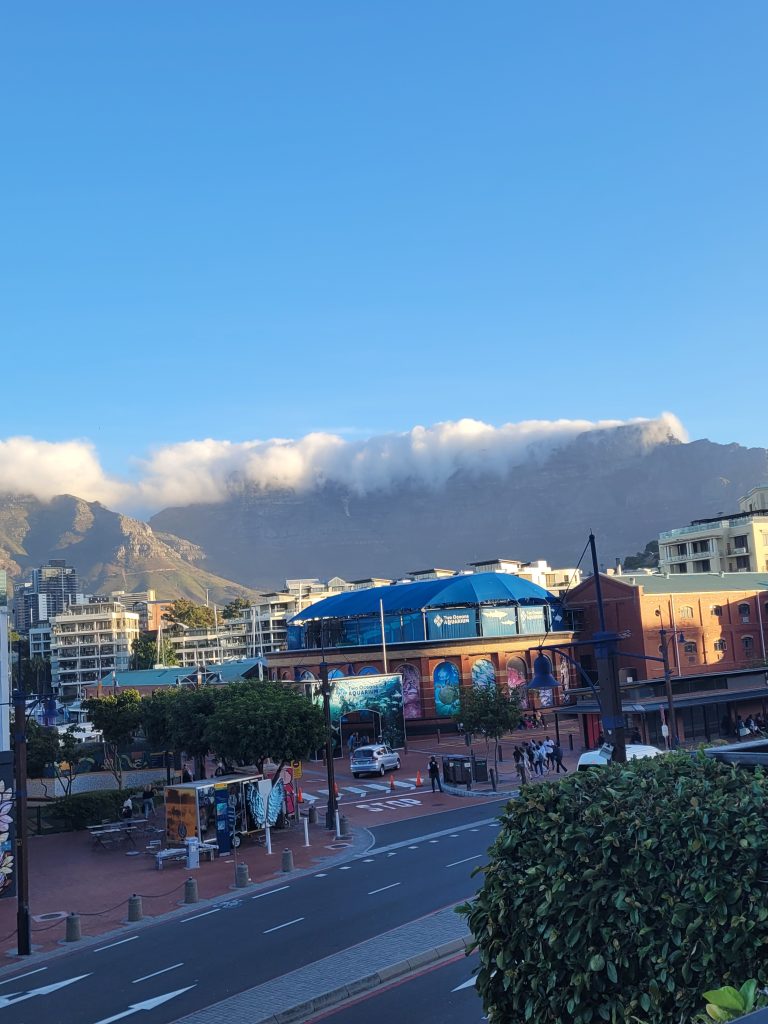
My field study to South Africa occurred over the span of eleven days, with my group embarking on our trip a couple days before the start of spring break and returning the day before classes resumed. Though the trip required a significant amount of travel, this period still provided us with enough time to experience the country and apply what we learned in the class to the areas we explored. Between activities, we were allotted free time, yet there was never a dull day.
We started by flying into Johannesburg, where we broadened our understanding of apartheid through our visits to the Apartheid Museum, Nelson Mandela’s jail cell at Constitution Hill, and other various historical sites throughout Johannesburg and the nearby city of Pretoria. These stops helped us view the long-lasting effects of colonialism through the country’s history up to the present.
Following Johannesburg, we took a bus to Kruger National Park, where was participated in multiple safaris, one of which started at 5:30 in the morning and ended late that afternoon. During our time at Kruger, we were fortunate enough to see a vast array of animals, including some of those in the Big Five. The highlight for me by far was the elephants, which we saw in countless numbers at rivers and alongside the road.
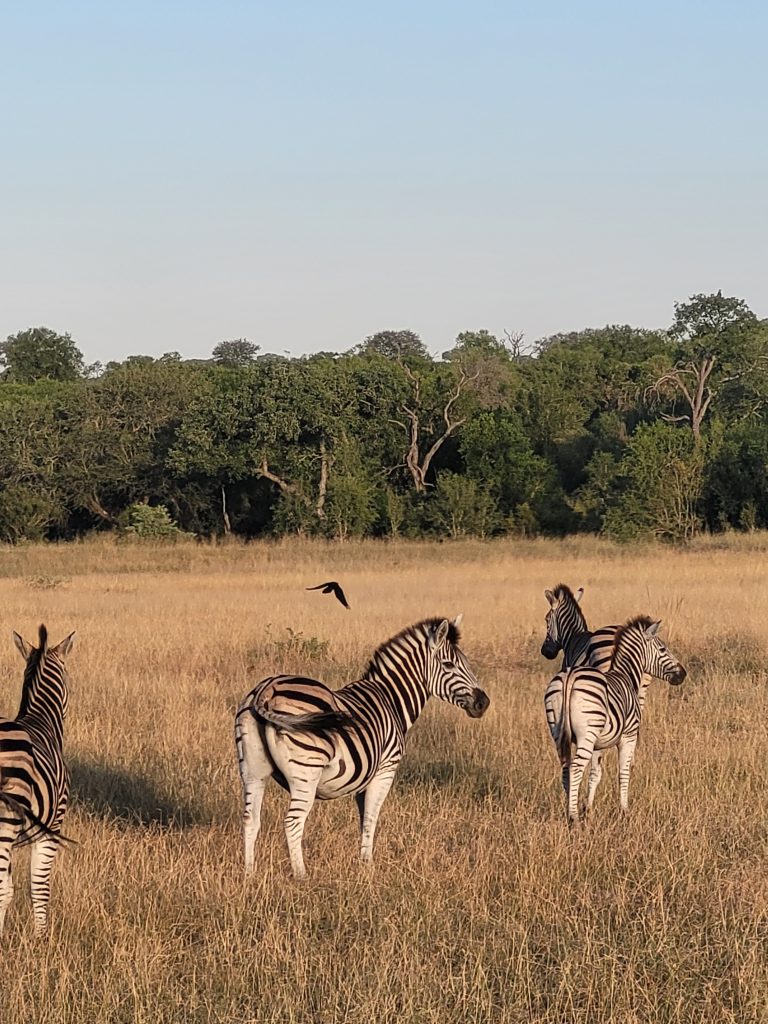
Finally, we concluded our trip by flying to Cape Town, which is often considered one of the prettiest places in the world and for good reason. Here, cliffs that reminded me of those on the Pacific Coast cascaded into cerulean water, and fog spilled in blankets over the stretch of mountains that provided a picturesque backdrop to the city. During our time in Cape Town, in addition to viewing the city’s breathtaking natural wonders, we took a walking tour of various historical sites related to the Dutch East India Company, and we toured a township with a local resident. On our last day, we took a boat to Robben Island to view the cell where Mandela was imprisoned for eighteen years.
I really appreciated how the trip had the perfect combination of history and other enjoyable group activities, among them being a visit to a local theme park in Johannesburg, a boat ride to a penguin colony off the coast of Cape Town, and a Malay cooking class in the Muslim neighborhood of Bo-Kaap, just outside the Cape Town City Centre. This balance is what I love most about field studies: the opportunity to apply what you learn in the classroom while also getting to bond with your group.
This field study gave me an experience I never imagined I would have when I first started college. Through this trip, I got chills in the heart of places I had previously only read about, and I felt very grateful to view these sites saturated in history with my own eyes. At the same time, I made new friends along with memories I will look back on fondly for years to come. For anyone who wants this experience of a lifetime, I highly recommend a field study.
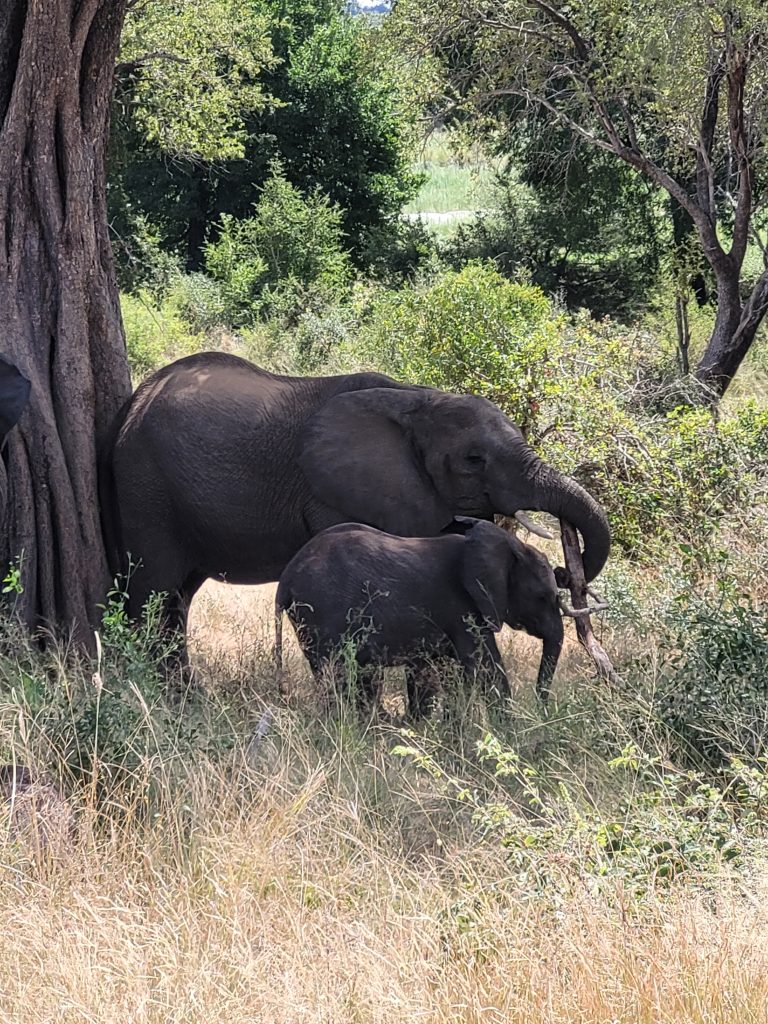
The opinions on this page do not necessarily reflect those of The Sandspur or Rollins College. Have any additional tips or opinions? Send us your response. We want to hear your voice.

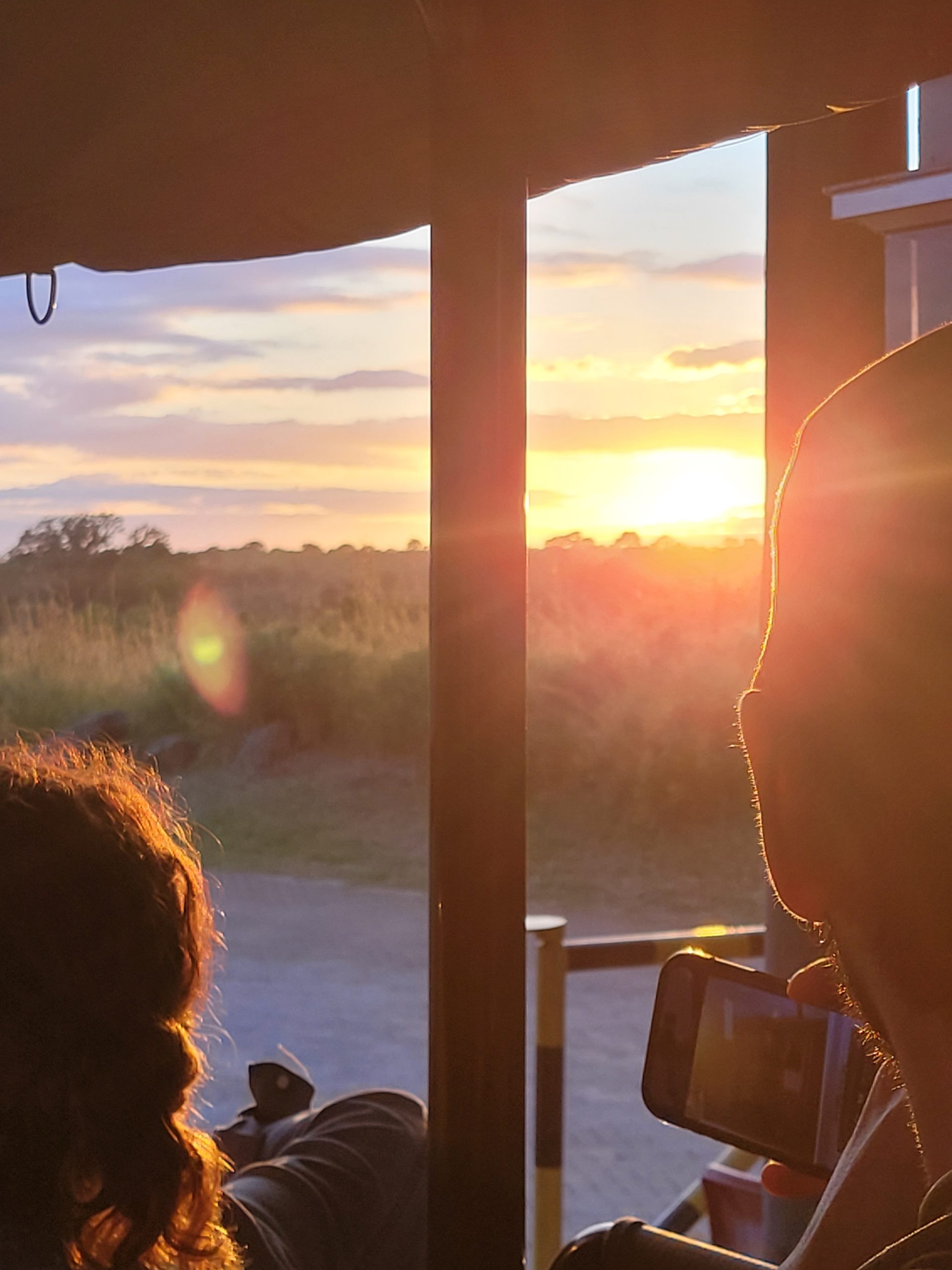
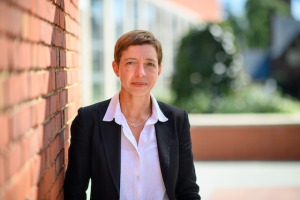

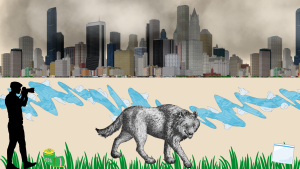




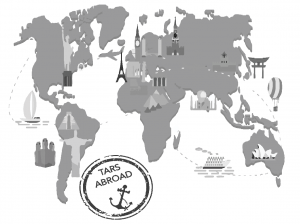
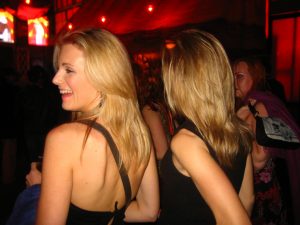
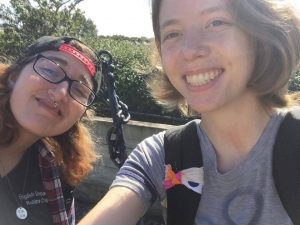
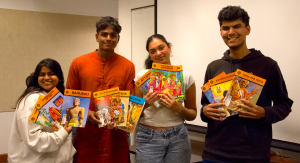

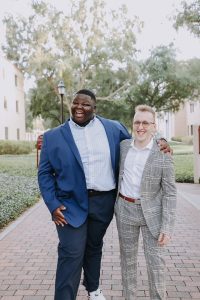
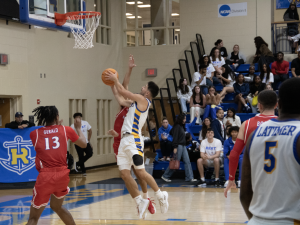
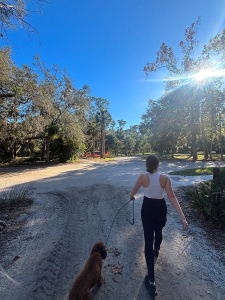
Comments are closed.